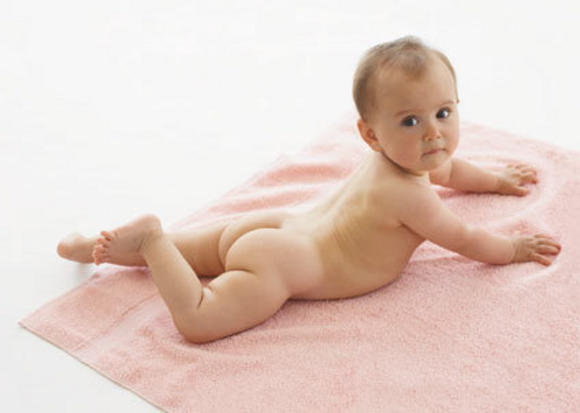Breast feeding is the best feeding method, although even a newborn can be well-nourished with formula feeding. If you wish to breast-feed, its important to get a good start. The sooner you begin, the better.

The breast milk produced in the first few days after birth is a thin, watery substance called colostrums. It was once thought that this early milk didnt provide full nutrition. Now we know that the opposite is true: Nature designed this newborn food to have just the right balance of fluids and nutrients and to deliver protective immunity. Babies dont need a lot of nutrition in their first few days, but they do need water and, preferably, the antibodies from mothers immune system that only breast feeding can provide. After several days of nursing, regular breast milk usually comes in right on schedule, bringing the nutrients the baby needs to grow and develop.
Whether you breast- or bottle-feed (or use a combination of both), youll have an easier time of it if you let the baby determine when feedings should take place. Generally, newborns need to nurse or have a bottle every few hours, but some may be hungry more often. If the hospital permits it, keep your baby in your room with you as much as possible. (This practice, known as rooming-in, is now standard for healthy babies and mothers in many hospitals.) That way, you can provide feedings according to your babys internal schedule rather than the nurserys. If the hospital routine is interfering with your attempts to breast feed, let the doctor or head nurse know about it.
If you bottle-feed, use special newborn nipples (or use a needle to create a small hole in a solid nipple), because standard-size holes are too big for newborns.
Once youre home, a regular feeding routine develops over time. During this period, its important to remember that every cry is not a cry of hunger. Fatigue, discomfort, and over stimulation also make newborns cry. On the other hand, refusing to feed your baby until a prescribed period say, three hours has passed may leave you and the baby both frantic and exhausted.
The key to successful feeding sessions is to let your baby set the pace. You will get into a nice rhythm where you understand the babys cues that signal readiness for nursing and satisfaction of hunger. When you first start nursing, though, both you and the baby will be a little awkward before getting into a routine. A helpful guideline may be to offer each breast for five minutes. In time, you will develop a very clear sense of when and for how long the baby wants to nurse.
Healthy babies gain weight rapidly but not right away. In fact, your baby may actually lose some weight (mainly in the form of fluid) in the first week, and not regain it until the second week. Breast-feeding mothers may be especially worried that their babies arent getting enough to eat, since they cant measure how much milk the baby takes at each feeding.
If the baby nurses regularly and seems reasonably contented after feedings, though, he is probably getting enough milk. The best gauge is the measurement of the babys growth at regular pediatric checkups. If growth is normal, food intake is on target. Also, the baby should be having regular bowel movements, as well as six to eight wet diapers a day.












